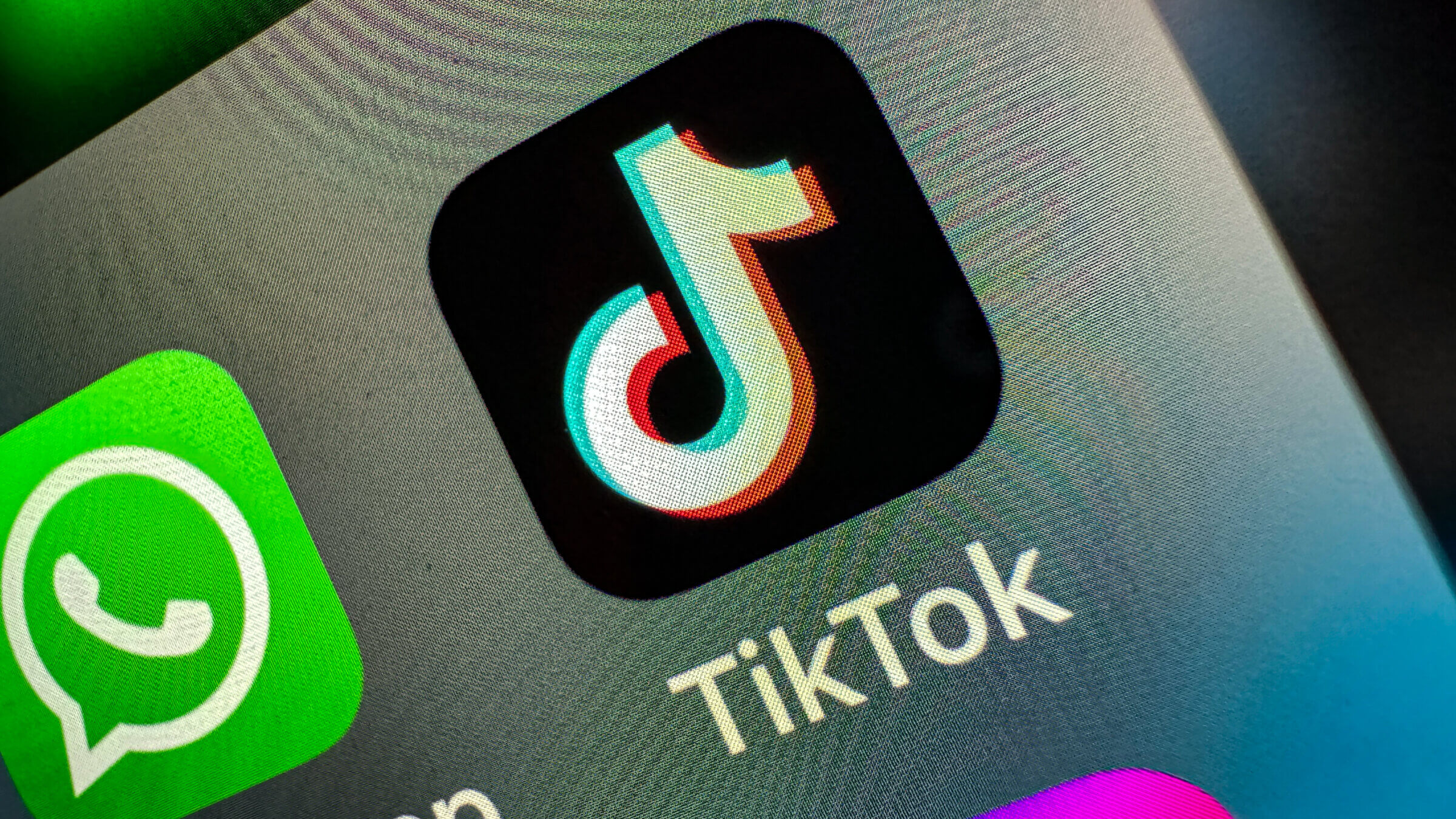Debra Messing, Amy Schumer, Isaac Mizrahi say TikTok ‘not safe for Jewish users’
The letter claims antisemitic harassment on the app has led to offline violence

Creators on TikTok claim the app has become increasingly hostile for Jews. Photo by Matt Cardy/Getty Images
A letter with almost 50 signatories, including comedians Judy Gold and Amy Schumer and fashion designer Isaac Mizrahi, is taking TikTok to task for not protecting the safety of its Jewish users.
The letter, which can be viewed on deartiktok.com, claims the popular platform “lacks critical safety features to protect Jewish content creators and the broader Jewish TikTok community, leaving us in digital and physical danger.”
Noting how Jewish creators are “being bombarded with abhorrent inhumanity solely due to our ethno-religious identity,” the letter claims Jewish creators faced death threats and harassment even before the massacre on Oct. 7.
The letter, which includes a mix of celebrities, like Debra Messing and Michael Rapaport, influencers like Jeremey Jacobowitz, and pro-Israel voices like Hen Mazzig, says that the antisemitism on the app goes beyond “digital harassment” and that anger fueled by the platform has “led directly to antisemitic harassment, assault, and vandalism.”
“TikTok is at the epicenter of cultural conversation and provides billions of people information and context about what’s going on in the world,” the letter continues. “As a leader, TikTok is falling woefully short by not protecting the safety of its Jewish creators and community and by not monitoring and guiding public discourse to ensure the platform doesn’t become a permanent cesspool of indiscriminate and aggressive antisemitism.”
To resolve the problem the letter proposes that TikTok fix its safety tools, which it argues are not straightforward or effective; asks the company to moderate content “fairly, equitably, and safely”; to prioritize “verified and objective content” and to “provide swift and robust infrastructure to respond to physical threats.”
The letter suggests Jewish TikTok creators be invited to provide feedback and that the company create a “community manager role dedicated to Jewish creators and the broader atmosphere of the Jewish TikTok community,” a role that has equivalents for other minority groups.
“We implore you to do right at a time of historic antisemitism,” the letter continues, “We implore you to do right for the victims of terrorism. We implore you to do right for the Jewish users who put their trust in the safety of your platform.”
As Mira Fox has reported in these pages, TikTok has a lackluster history of moderating antisemitic content.
In May of 2021, the platform hosted a #MyJewishHeritage hashtag in honor of Jewish Heritage Month. Creators who used it were barraged with antisemitic abuse. A study from July 2021 claimed that antisemitism on the platform had spiked 912%, though the results appear to have relied on small sample sizes and the controversial International Holocaust Remembrance Alliance definition of antisemitism. Trends where children pretended to be Holocaust victims or where users distorted their faces to “If I Were a Rich Man” have appeared on the app in the past.
“We oppose antisemitism in all forms,” a TikTok spokesperson said in a statement. “We’ve taken important steps to protect our community and prevent the spread of hate, and we appreciate ongoing, honest dialogue and feedback as we continually work to strengthen these protections.”
In an Oct. 25 update to a post about measures taken to “protect the TikTok community during the Israel-Hamas war,” TikTok said it had removed 775,000 videos since Oct. 7 and closed 14,000 livestreams promoting violence, terrorism, hate speech, and misinformation that violated community guidelines. Since before the latest round of fighting, the company said it has worked remove antisemitic content and Holocaust denial and directed users who search the term “Holocaust” to the World Jewish Heritage Congress’ website on the Holocaust.
















